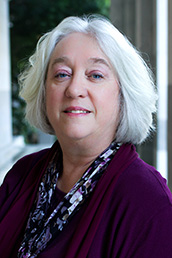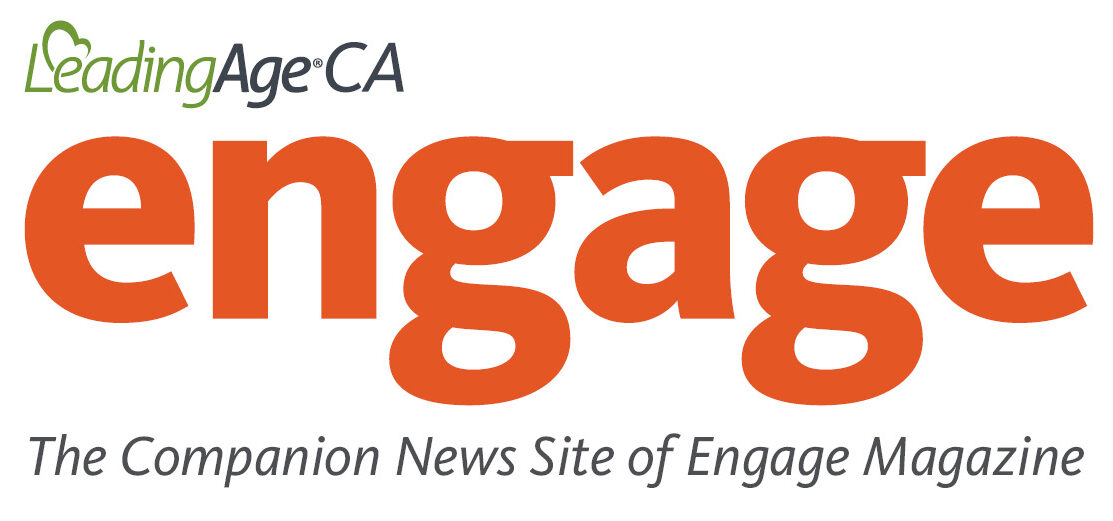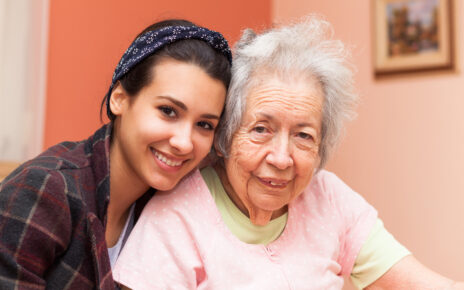By Brenda Klutz, Policy Consultant, LeadingAge California
Living under the pandemic the past two years has been extraordinarily stressful to both residents and staff. Until recently, and to provide protection from preventable infection, residents were severely restricted from having visitors, thereby eliminating a major source of joy and well-being.
 Opportunities to dine in restaurants, join in faith-based services, or experience other activities of interest outside of the facility were also diminished. Residents are already living with chronic health conditions, cognitive limitations and life in a setting that can provide less independence than they are used to. Bereft of these community lifelines often led to resident depression and anxiety.
Opportunities to dine in restaurants, join in faith-based services, or experience other activities of interest outside of the facility were also diminished. Residents are already living with chronic health conditions, cognitive limitations and life in a setting that can provide less independence than they are used to. Bereft of these community lifelines often led to resident depression and anxiety.
Direct caregivers, administrative, clinical, and other staffs have also been severely affected by the pandemic. In the best of times, providing quality care to frail individuals is highly demanding work to which staffs are dedicated. In addition to the effects of COVID-19 in the workplace, staff experience high anxiety about their own health, the risk of bringing infection back to their families and friends or introducing it to residents, and loss of pay when unable to work.
Below are federal, and state regulatory requirements on providing practical resources and sharing best practices to promote self-care for both residents and staff.
Regulatory Requirements
Promoting self-care for residents is an intrinsic part of providing quality of care and quality of life. State and federal related requirements include resident assessments, understanding the preferences and interests of residents, and assisting residents with self-care when they are physically or cognitively unable. A robust and person-centered activities program, homelike dining experiences, and encouraging residents to share their concerns and anxieties are already expected.
Federal and state requirements for both skilled nursing facilities (SNF) and residential care for the elderly (RCFE) already requires training to help staff do their jobs better, to understand how to deal with challenging triggers that result from behavioral or cognitive situations, and address any skill areas that may need improvement. Focused training can not only aide in providing the best care, but also can reduce the stress on residents and staff alike.
Federal requirements related to prevention of abuse, neglect and/or exploitation can lead a SNF surveyor to look at training records to see if staff are encouraged to bring concerns forward and request additional training where needed. Surveyors will also look at how facility administrators respond to these concerns. [See Appendix PP, 42 CFR 483.95(c) – Probes]
Other federal requirements are related to resident self-care and include helping residents achieve their highest, attainable physical mental and psychosocial functioning levels, meeting behavioral health needs of residents, and honoring resident rights.
State requirements for RCFEs requires specialized training for providing care to residents with dementias and that advertise dementia care. These include:
1. Effects of medications on the behavior of residents with dementia.
2. Common problems, such as wandering, aggression, and inappropriate sexual behavior.
3. Positive therapeutic interventions and activities such as exercise, sensory stimulation, activities of daily living, and social, recreational, and rehabilitative activities.
4. Communication skills (resident/staff relations).
5. Promoting resident dignity, independence, individuality, privacy, and choice.
6. End of life issues, including hospice. [See Title 22, §87707]
Self-Care for Staff
There are any number of resources to help promote staff self-care and well-being. One of the most relevant resources is through the federal Agency for Healthcare Research and Quality [AHRQ], which recognizes the importance of supporting staff self-care. While this information is geared toward SNFs, it is also very relevant to supporting staff in an assisted living or other setting.The Nursing Home COVID-19 Action Network has posted several trainings, discussion session guidelines and other resources that are extremely helpful in promoting the physical and emotional well-being of staff and residents. Visit ahrq.gov/nursing-home/materials/leadership/index.html to learn more. There are three sections: Staff and Resident Well-being, Leadership and Management, and Safe Operations.
Many long-term care providers have already adopted best practices to support resident and staff self-care, but we can always learn from each other as we provide quality of care and quality of life to residents and better support the dedicated individuals that provide that care.




